Grand Challenges Awards to nearly 50 principal investigators in 17 different countries were announced for the Catalyzing Equitable Artificial Intelligence (AI) Use Challenge launched in May 2023.
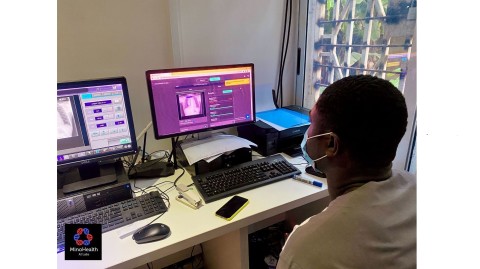
Darlington Akogo of MinoHealth AI Labs in Ghana will leverage a multimodal Large Language Model (LLM) to generate accurate and comprehensive medical reports based on the analysis of medical images to reduce the need for manual reports and enhance diagnostic capabilities for radiologists and clinicians.
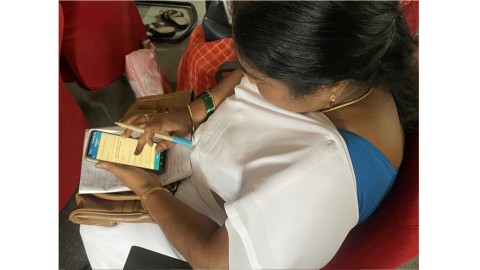
Amrita Mahale of ARMMAN in India, in collaboration with colleagues at ARTPAK also in India, will integrate an LLM-powered co-pilot into an existing learning and support application to improve the training of auxiliary nurses and midwives in India so they can better manage high-risk pregnancies.
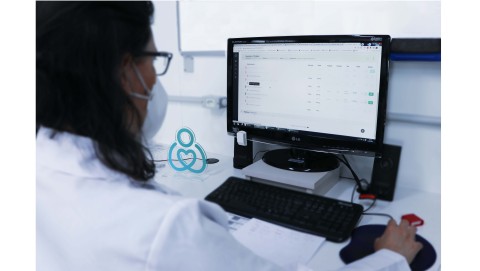
Henrique Dias of the Instituto de Inteligencia Artificial na Saude in Brazil will determine whether AI can produce an accurate hospital discharge summary to ensure that essential information is passed to the next healthcare provider and patient care is maintained.
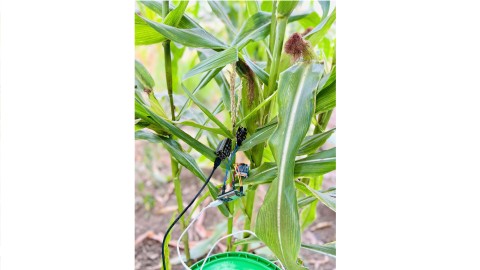
Theofrida Maginga of the Sokoine University of Agriculture in Tanzania will develop a ChatGPT-powered Swahili chatbot for smallholder farmers with limited literacy and scarce resources in Tanzania to detect crop diseases quickly and easily.
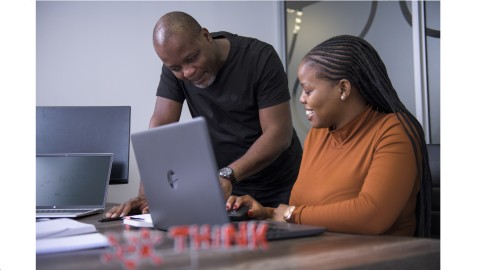
Suzanne Staples of the THINK Tuberculosis and HIV Investigative Network (RF) NPC in South Africa and Kristina Wallengren of THINK International in Denmark will produce a toolkit that leverages ChatGPT for the analysis and interpretation of health program data in low- and middle-income countries (LMICs).
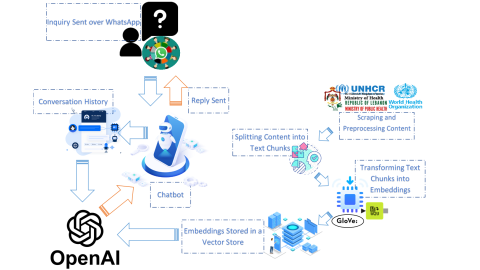
Imad Elhajj of the American University of Beirut in Lebanon will use Large Language Models (LLMs) to develop an interactive community health promotion platform with a chatbot that provides accurate health messages and real-time responses to queries on platforms like WhatsApp to vulnerable populations in Lebanon and Jordan.
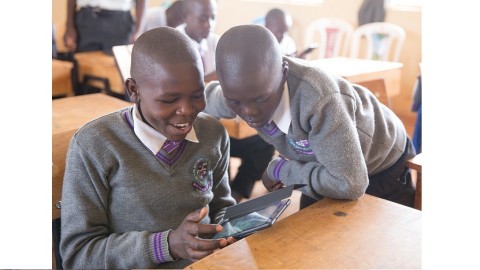
Tonee Ndungu of Kytabu Company Ltd. in Kenya will develop a comprehensive AI-powered mobile application, SOMANASI (derived from the Swahili words meaning "learn together") to provide personalized education to every student in Kenya.
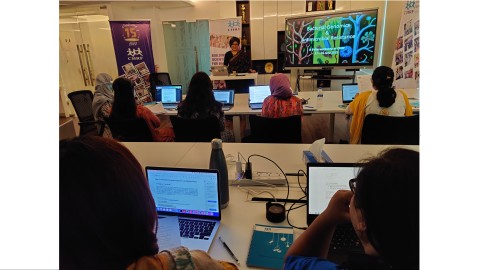
Yogesh Hooda of the Child Health Research Foundation in Bangladesh will use AI-based tools to teach low- and middle-income scientists to perform modeling and prediction studies in public health, which are dominated by researchers in the Global North.
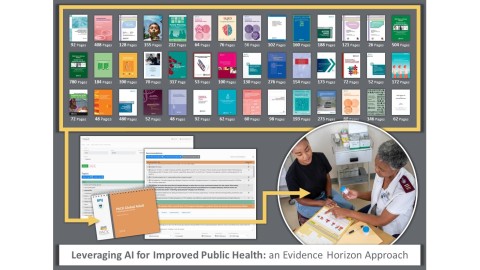
Scott Mahoney of The Health Foundation of South Africa will create an application that combines human expertise with AI technology to produce clinical recommendations from published medical evidence to be used as a decision-support tool for healthcare professionals in low- and middle-income countries.
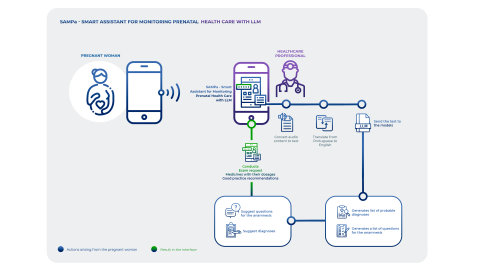
Livia Oliveira-Ciabati of the Sociedade Beneficente Israelita Brasileira Albert Einstein Hospital in Brazil will leverage AI to produce guidance and monitoring tools for less-experienced or overworked health professionals providing prenatal care via telemedicine to people from minority groups and people with greater social vulnerabilities.
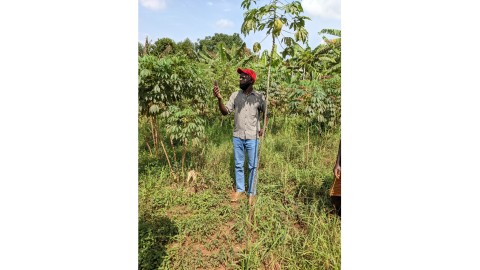
Joyce Nakatumba-Nabende of Makerere University in Uganda will leverage ChatGPT to provide tailored support to smallholder farmers in sub-Saharan Africa in their local languages.
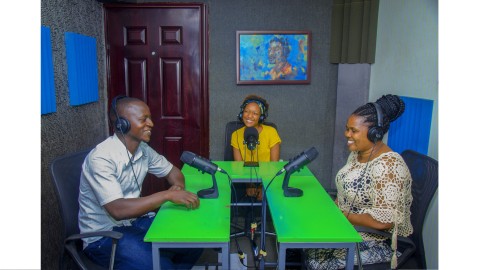
Brenda Hendry of Boresha Live in Tanzania will integrate ChatGPT-4 into community radio to broadcast inclusive health messages across Tanzania to combat malaria.
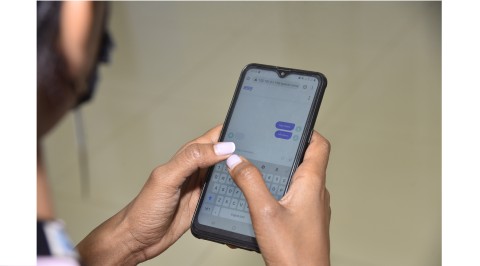
Daudi Jjingo of the Infectious Diseases Institute in Uganda will leverage generative AI to develop an interactive conversation-based platform to communicate the national guidelines for pandemic preparedness in a native African language to health workers to improve pandemic management.
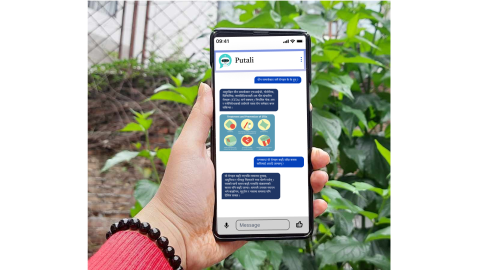
Bishesh Khanal of the Nepal Applied Mathematics and Informatics Institute for Research in Nepal will assess Large Language Models (LLMs) for their ability to provide accurate information on sexual, reproductive, and maternal health (SRMH) topics in Nepali to the general public and female community health volunteers.
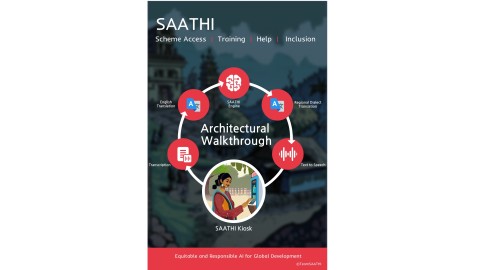
Shashi Jain of the Indian Institute of Science in India in collaboration with Uma Urs from Oxford Brookes University in the United Kingdom along with colleagues from Akaike and Kotak Mahindra Bank also in India, will build a GPT-enabled AI bot called SATHI, which stands for Scheme, Access, Training, Help, and Inclusion, to deliver information on the latest government financial schemes that support sectors, like micro-enterprises and farms, to potential customers and providers in rural and suburban India.
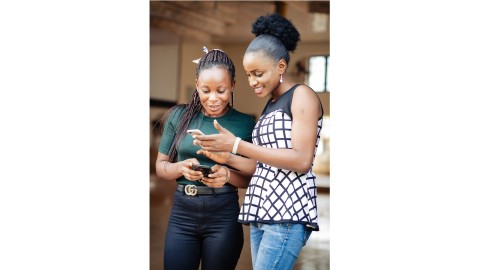
Nneka Mobisson of mDoc Healthcare in Nigeria will integrate ChatGPT-4 into their chatbot, Kem, which provides virtual self-care coaching for low-income women of reproductive age in Nigeria, to improve its accuracy and capacity to respond to queries with evidence-based information.
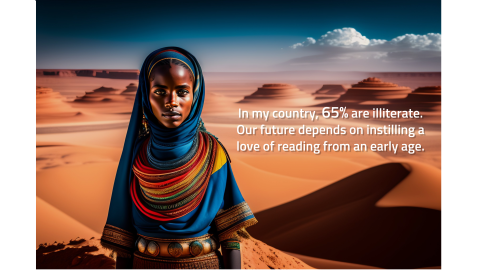
Michael Leventhal of the Association RobotsMali in Mali will determine whether ChatGPT-4 can support curriculum development and teacher training to improve literacy in Mali, which has 65% illiteracy.